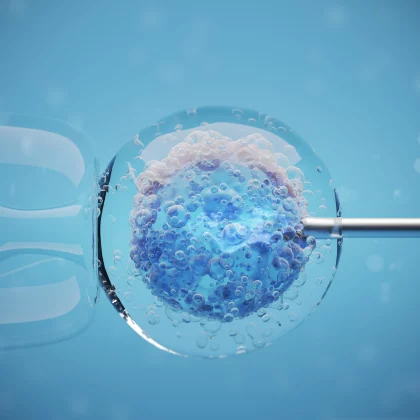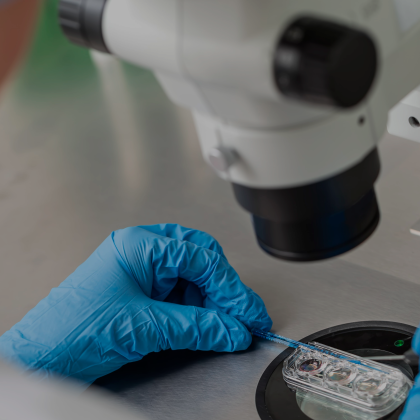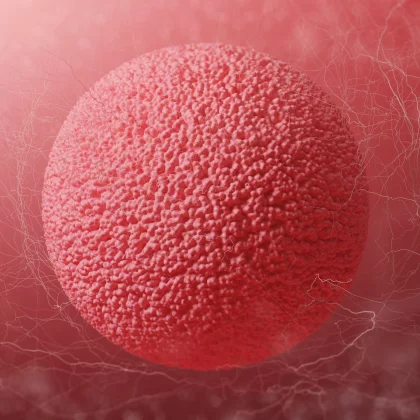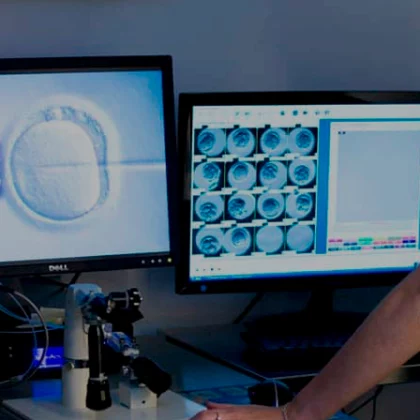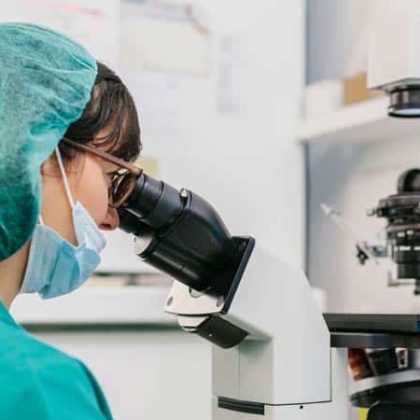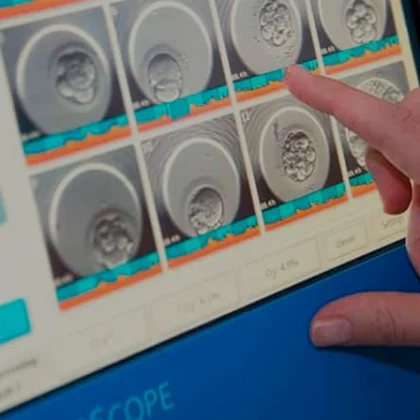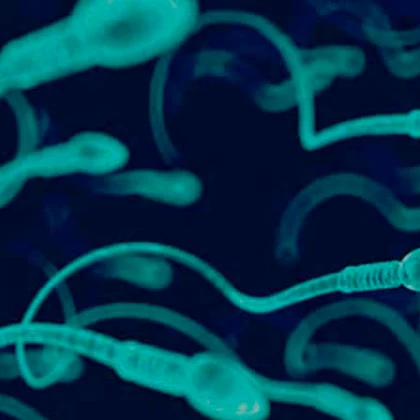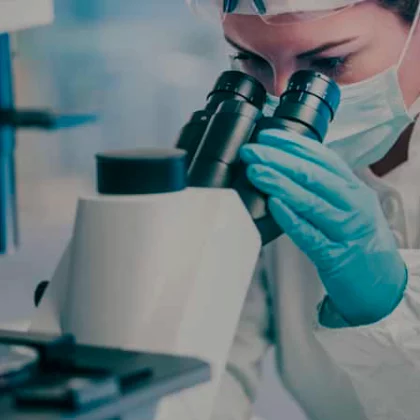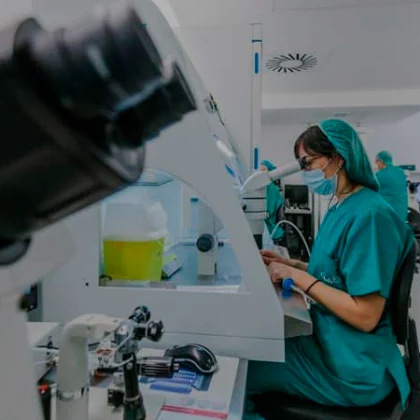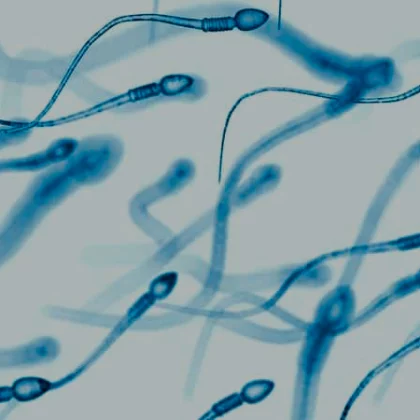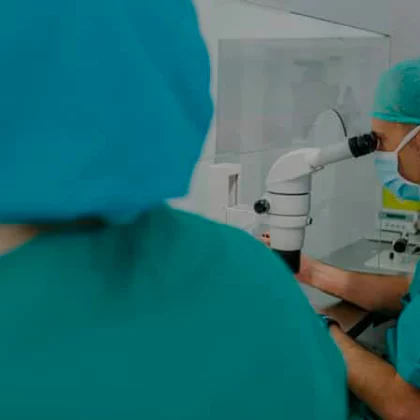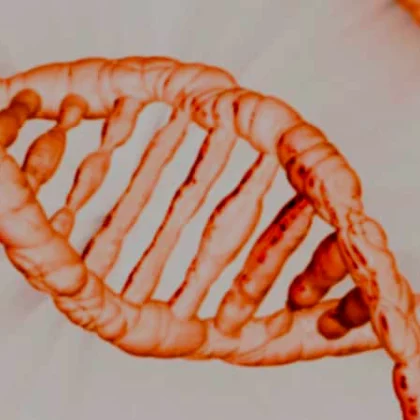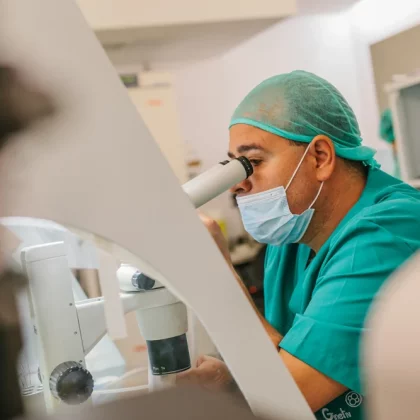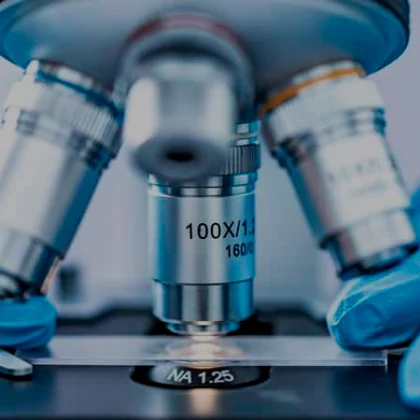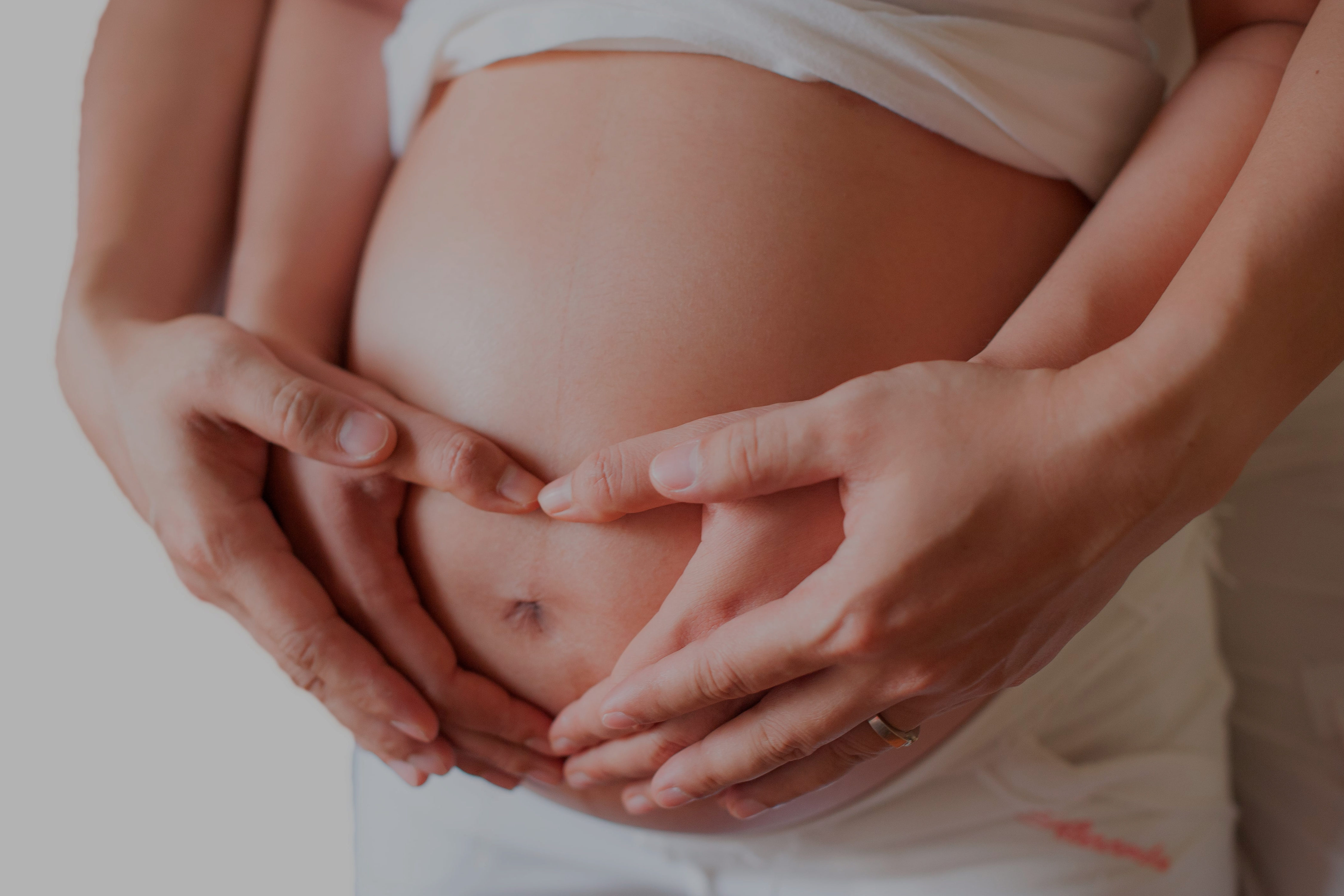
Assisted reproduction: techniques and
treatments
With more than 35 years’ experience, the Ginefiv team has always been exclusively dedicated to assisted reproduction, with a distinguished history as well as significant achievements and results in this field.
- Ginefiv
- Assisted reproduction
The Ginefiv team of over 100 professionals, which has abundant experience in the various specialisations within assisted reproduction is still working hard to offer our patients the maximum chance of success in their objective of having a child. To do this, we use the most recent technological advances, allowing us to place ourselves at the forefront of all assisted reproduction techniques and treatments.
Assisted reproduction treatments
Ginefiv offers you all existing assisted reproduction techniques as well as the latest technology so that your dream of having a child can come true. We are specialists in artificial insemination, in vitro fertilisation, mini IVF, egg donation, the ROPA method, and embryo reception. Consult our specialists to find out about the right treatment for you or, if you prefer, take a look at our price list for the assisted reproduction treatments offered by Ginefiv.
Artificial insemination is one of the most commonly used techniques in assisted reproduction due to its effectiveness and simplicity. Below, we have explained in simple terms what it consists of and we hope to resolve any doubts you may have in order to help you realise your plan to raise a family.
In vitro fertilisation (IVF) is an assisted reproduction technique which requires experience and technology, as offered by Ginefiv, a pioneering clinic in the treatment of sterility and infertility, one which has helped thousands of women to achieve pregnancy in the 35 years since it was founded
Ginefiv now offers two new egg donation programmes with high guarantees of success, designed to adapt better than ever to your individual case.
The ROPA method (Reception of Oocytes from Partner), also called Shared Motherhood, is an alternative that is increasingly popular with female couples, seeing as it allows both women to actively participate as mothers in the process: the first acts as the genetic mother who provides the egg and the second acts as the child bearer, gestating the baby in her womb
Embryo reception or adoption consists of transferring, to the uterus of the patient, embryos from partners who, having undergone an assisted reproduction treatment and in the majority of cases having achieved the desired result, decide to anonymously donate their remaining embryos so that another reception couple or woman can also achieve pregnancy.






Assisted reproduction techniques
Our commitment to remaining at the vanguard of reproductive medicine makes it possible for us to offer our patients the most innovative assisted reproduction techniques so as to increase the chance of successful embryo implantation and pregnancy in each of the treatments we perform
Thanks to Fertile® technology and its ability to recover the spermatozoa with the best physiological characteristics from a sample, patients can improve their chances of becoming parents with their own gametes.
Intra-Cytoplasmic Sperm Injection (ICSI) or Microinjection represented a big improvement on conventional IVF. With its more complex technology, ICSI has led to high fertilisation rates, even in cases involving low quality semen samples in which, under normal conditions, it would not be possible to carry out normal IVF
Intracytoplasmic Morphologically selected Sperm Injection (IMSI) is an assisted reproduction technique which allows the selection of spermatozoa with no defects or with fewer anomalies in order to perform ICSI, thus increasing the chances of successful embryo implantation and pregnancy
The Embryoscope, an incubator with time-lapse technology, is an advanced incubation system which is equipped with a sophisticated image capture system. It allows us to observe the development of fertilised embryos in the IVF lab, from the moment when fertilisation occurs to their transfer to the maternal uterus, without having to remove them from the incubator to check them.
MACS (Magnetic Activated Cell Sorting) is an immunomagnetic cell selection technique which allows us to isolate, via annexin columns, healthy spermatozoa which are optimal for egg fertilisation. This makes the MACS process especially suitable for cases of male infertility, both in IVF and artificial insemination treatments, as it can improve the fertilisation rate by up to 13%.
Diagnostic tests
Thanks to the latest developments in diagnostic testing, we are now capable of more precisely analysing the possible causes of infertility, both female and male.
A seminogram, also called a spermiogram or semen analysis, is the diagnostic test most commonly used by assisted reproduction centres to assess male fertility before beginning any treatment. It consists of qualitatively and quantitatively analysing a semen sample at the macroscopic and microscopic level
The sperm survival test or sperm capacitation test is, along with the seminogram, a routine diagnostic test that measures male infertility
FISH testing of ejaculate enables us to determine the levels of spermatozoa with
anomalous chromosomes and to assess whether or not they surpass normality
limits
An endometrial receptivity analysis (ERA) determines whether or not the endometrium is receptive at a given point in the cycle by analysing a sample of the uterine lining
Testicular biopsy consists of sampling testicular tissue in order to identify, and freeze if necessary, mobile spermatozoa which will subsequently be used in ICSI (sperm microinjection) cycles
Sperm DNA fragmentation testing measures the integrity of the genetic material of a semen sample by analysing any breaks or lesions in the DNA strands in the spermatozoa, as caused by environmental factors
Genetic testing
Thanks to genetic testing, it is possible to identify the genes of future parents which could transmit potential diseases to the children, and to genetically examine embryos obtained via IVF in order to detect possible chromosomal anomalies before transferring the embryos to the woman. These tests, which rely on high tech equipment, mean that the child will be born without any chromosomal syndromes or hereditary disorders.
PGT (Pre-implantation Genetic Testing) involves primary prevention methods which enable us to anticipate the detection of genetic anomalies, in both the chromosomes (PGT-A, PGT-SR) and genes (PGT-M) of embryos, thus facilitating the selection of viable embryos for transfer to the uterus
A Genetic Compatibility Test (mutation detection test) can identify recessive genetic diseases in asymptomatic patients, thereby allowing us to discover the risk of their transmission to the next generation. It also allows the assignation of ideal donors in treatments which require participation from a gamete donor
Fertility preservation
Oocyte freezing is the only technique which allows women to preserve their eggs so that they can be more successfully fertilised at a future date. Due to its simplicity and excellent results, this fertility preservation technique has been performed at Ginefiv since 2006
Thanks to advancements in fertility preservation, it is now possible for all women who wish to – or who need to due to medical reasons – postpone the moment when they become mothers by freezing their ova.
Cryopreservation or the freezing of semen is a male fertility preservation technique
which consists of conserving a semen sample for future use in a fertility treatment.
Assisted reproduction support units
Receiving support during an assisted reproduction treatment is extremely important. The emotional impact and wear for couples who have been trying to conceive for a long time sometimes means that extra help is needed. Reducing stress can also influence the success rate of treatments. That’s why here at Ginefiv we have assisted reproduction support units.
To help you through the difficult times and to ensure that stress affects your assisted reproduction treatment as little as possible, we offer a fertility psychology unit. It provides guidance and assistance throughout the entire process.
Safety
At Ginefiv we put you and your future child first. That’s why your safety is paramount. It will be guaranteed during the entire process, from ovarian stimulation, to ovarian puncture and transfer of the embryo in cases of IVF treatments.
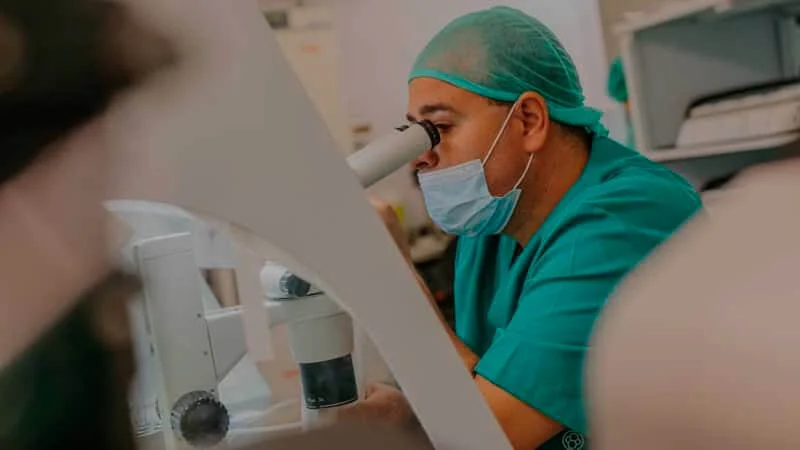
Safety throughout the treatment with IVF Patrol
IVF Patrol is an electronic safety system which allows us to guarantee for our patients, during the entire assisted reproduction treatment – from the first consultation up to embryo transfer – a safe monitoring and identification of each sample.










